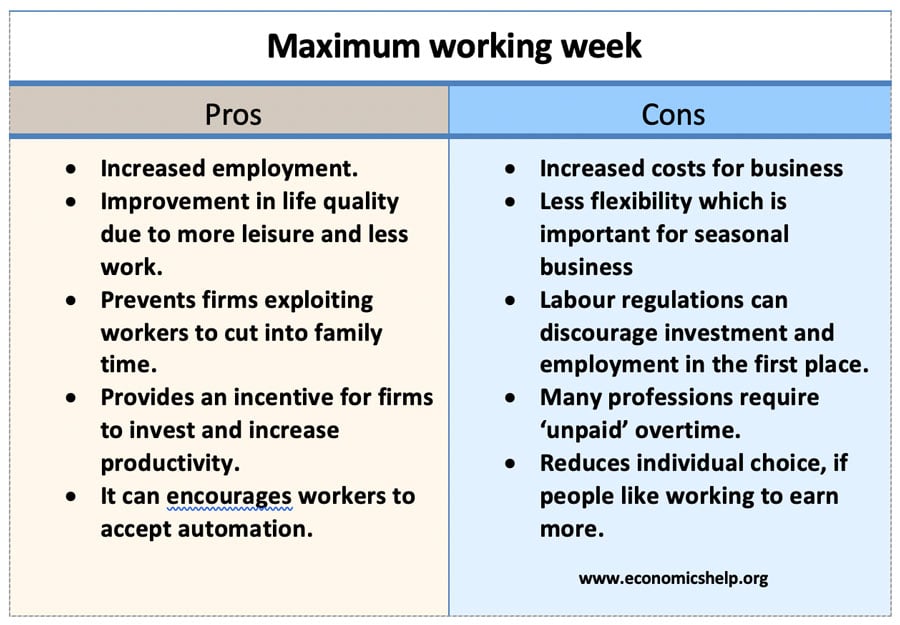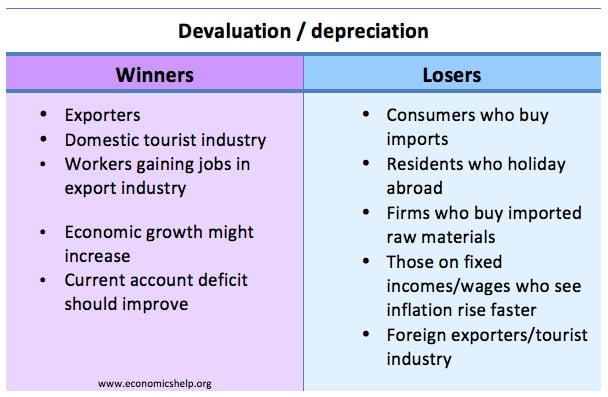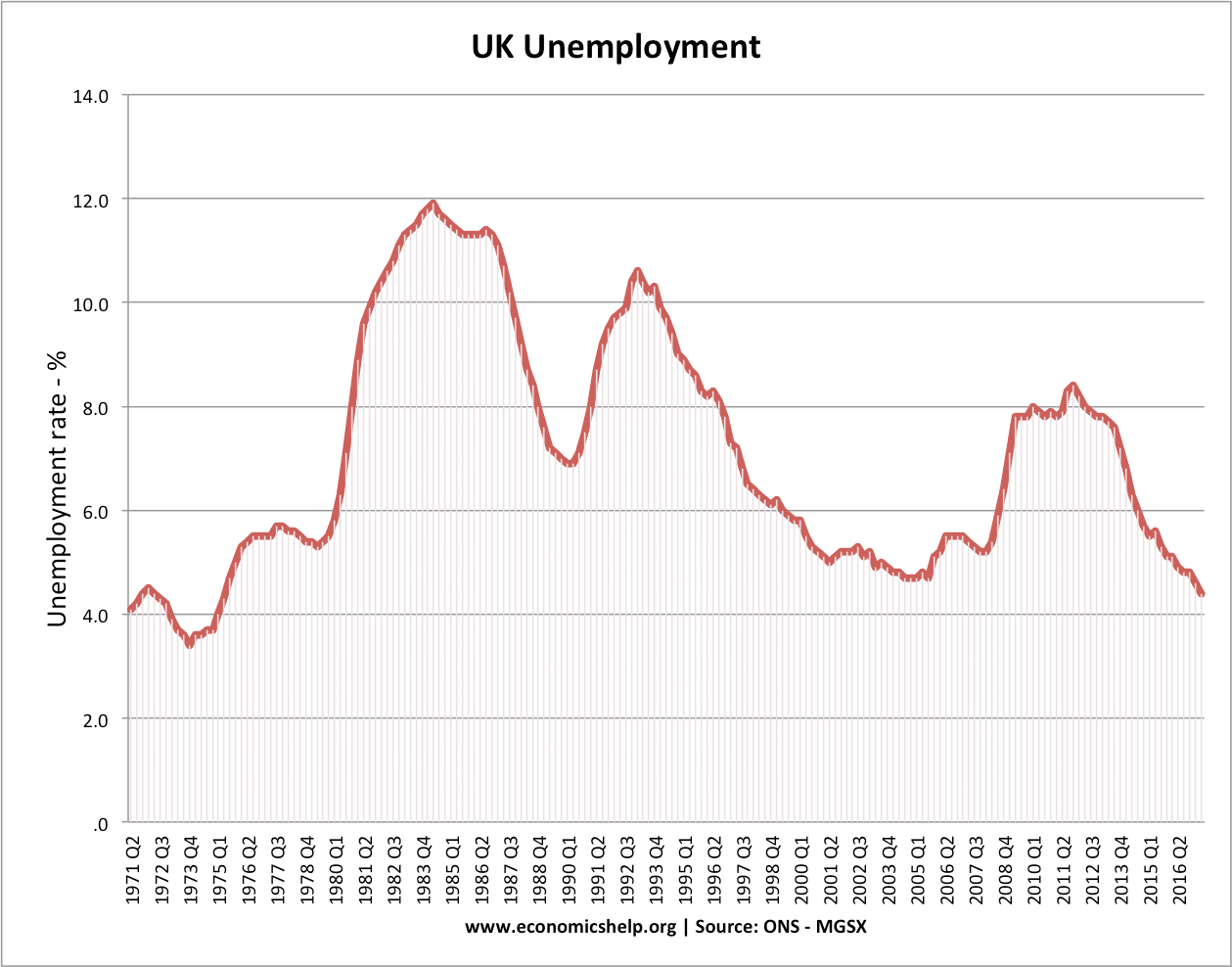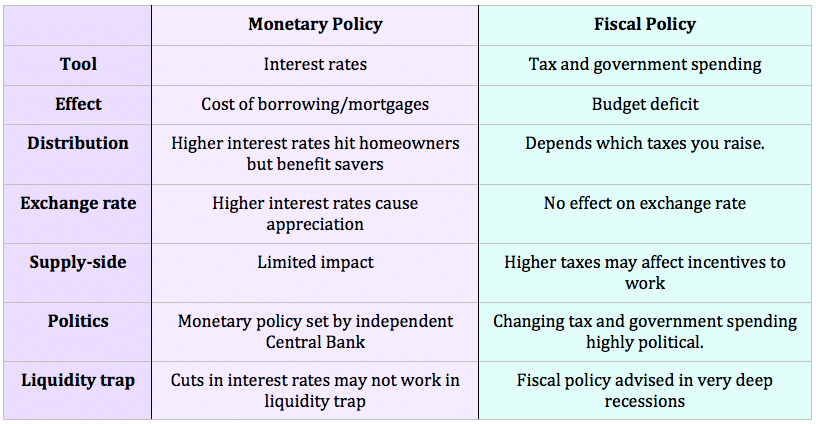What do firms do with profit?
Profit is the net difference between revenue and costs. The main way that firms use profit is to: Pay dividends to shareholders. Invest in increasing capacity or expanding into new markets. Invest in research and development. Pay for new advertising and marketing strategies. Save profit as part of cash reserves, to use as savings. Tax. …




